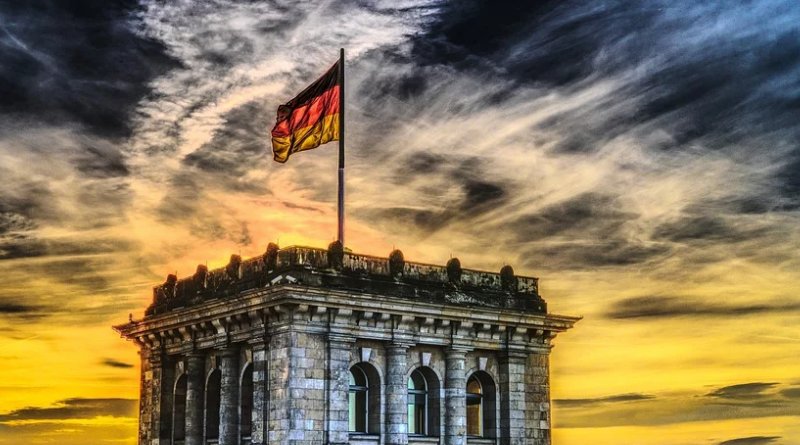Germany Rejects Trump’s Proposal To Let Russia Back Into G7
By EurActiv
By Alexandra Brzozowski
(EurActiv) — Germany has rejected a proposal by US President Donald Trump to invite Russian President Vladimir Putin back into the Group of Seven (G7) most advanced economies, German Foreign Minister Heiko Maas said in a newspaper interview published on Monday (27 July).
Trump raised the prospect last month of expanding the G7 to again include Russia, which had been expelled in 2014 following Moscow’s annexation of Ukraine’s Crimea region.
But Maas told Rheinische Post that he did not see any chance for allowing Russia back into the G7 as long as there was no meaningful progress in solving the conflict in Crimea as well as in eastern Ukraine.
Russia itself could make the biggest contribution to becoming part of the G7 format again by contributing to a peaceful solution in the Ukraine conflict, Maas said.
Russia is still part of the G20, a broader grouping including other emerging-market economies.
“G7 and G20 are two sensibly coordinated formats. We don’t need G11 or G12 anymore,” Maas said in reference to Trump’s proposal to invite not only Russia, but other countries to G7 meetings.
Maas described the relationship with Russia as “currently difficult” in many areas.
“But we also know that we need Russia to solve conflicts such as those in Syria, Libya and Ukraine. That will not work against Russia, but only with Russia.”
“But Russia also has to make its contribution, which is very slow in Ukraine,” Maas said.
Germany, which took over the rotating six-month EU presidency on 1 July, has taken on a mediating role in the conflict in Libya as well as in Ukraine.
When presenting Berlin’s EU Council presidency priorities to the European Parliament in June, Maas told MEPs that engaging with Ukraine and Russia will be a priority for Germany in the next six month.
“We want to prepare for the time when we could again talk more intensively about strategic relations with Russia,” Maas told MEPs but warned that this would require certain preparations and explained that “a solution in Ukraine is needed to change or restore the EU’s strategic relations with Russia.”
In late June, the Council decided to roll over the sanctions against Russia targeting specific economic sectors for a further six months, until 31 January 2021, while Germany had stepped up its calls for punitive measures against Russia over a 2015 cyberattack on the German Bundestag and the recent murder of a Georgian citizen on German soil.
EU against admission
The EU’s chief diplomat, Josep Borrell, in June rejected the idea floated by the White House to reinvite Russia to this year’s G7 gathering hosted by the US, saying the conditions had not been met.
“The G7 cannot become G8 (…) until Russia changes its course. This is currently not the case,” Borrell told reporters in Brussels, stressing that “cooperation amid like-minded partners is crucial more than ever”.
His remarks came after US President Donald Trump said he would postpone a Group of Seven summit until September or later and expand the list of invitees to include Australia, Russia, South Korea and India.
The EU is not a member of G7, but the Council and Commission chiefs are attending its summits as guests.
In June, Trump told Russian President Vladimir Putin in a phone call about his idea of holding an expanded Group of Seven summit later this year with a possible invitation for Russia, the Kremlin and the White House said.
Trump said the G7 Group has become “very outdated” and should transform into the “G10 or 11 vs G1”, a reformed club to unite against China.
“Changing the format of G7 is not the prerogative of the chair (of the meeting),” Borrell added in a swipe against Trump.
The other six G7 members – France, Germany, Italy, the UK, Canada and Japan – remain sceptical about the inclusion of Russia, which was excluded from the then G8 by Trump’s predecessor Barack Obama in 2014 over its annexation of Crimea, with Britain and Canada having already spoken out against the idea of readmitting Russia.

